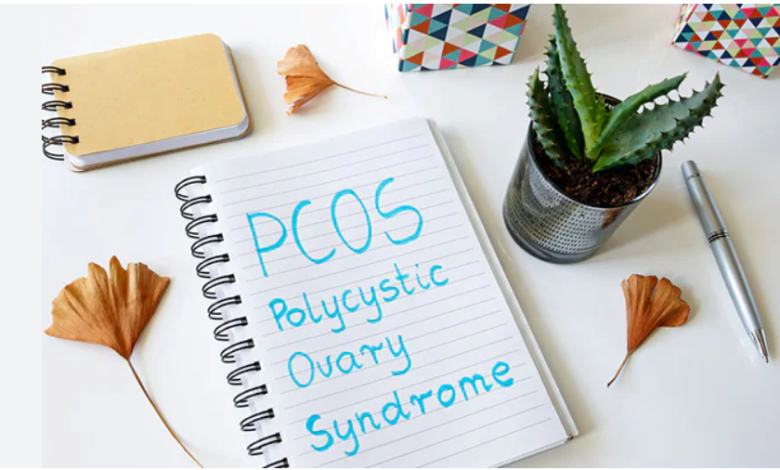Make These 5 Lifestyle Changes To Manage PCOS

Polycystic Ovary Syndrome, or PCOS, is a health condition that affects certain women due to hormone imbalances. The illness occurs when the ovaries create an excessive quantity of androgens, which are male sex’ hormones that are typically present in modest levels in women. One of the most frequent causes of female infertility is PCOS, which also raises the risk of several other chronic illnesses, including type 2 diabetes, obesity, and many more. Women who have PCOS must take action to manage this medical issue.
Lifestyle Changes To Manage PCOS
Healthy Diet
Heart disease and other disorders are linked to widespread inflammation, which is seen in women with PCOS. The Mediterranean diet is an effective strategy for reducing inflammation since it forgoes processed meats, refined sugar, and saturated fats.
Exercise Regularly
One of the best strategies to manage Polycystic Ovary Syndrome is to exercise. It decreases testosterone levels and aids in hormone regulation. Elevated insulin resistance in women with PCOS impairs the body’s capacity to use blood sugar for energy. You can incorporate physical exercise into your routine to address PCOS since studies have shown a correlation between insulin resistance and body weight and inactivity.
Manage Stress
Take up yoga and meditation to reduce your tension. It’s crucial to control your stress levels because stress plays a big role in irregular periods. To reduce stress, follow a balanced diet, get regular exercise, engage in hobbies, and get enough sleep.
Low Carbohydrate Intake
Women with PCOS should watch how many carbohydrates they eat. This is because eating too many carbs raises insulin levels by converting them to sugar. Thus, incorporate items with a low glycemic index into your diet to help treat PCOS.
Yoga
One of the most effective ways to get a healthy physique is through yoga. Yoga can assist in lowering testosterone levels in the female body as well as the tension and anxiety symptoms associated with PCOS.





